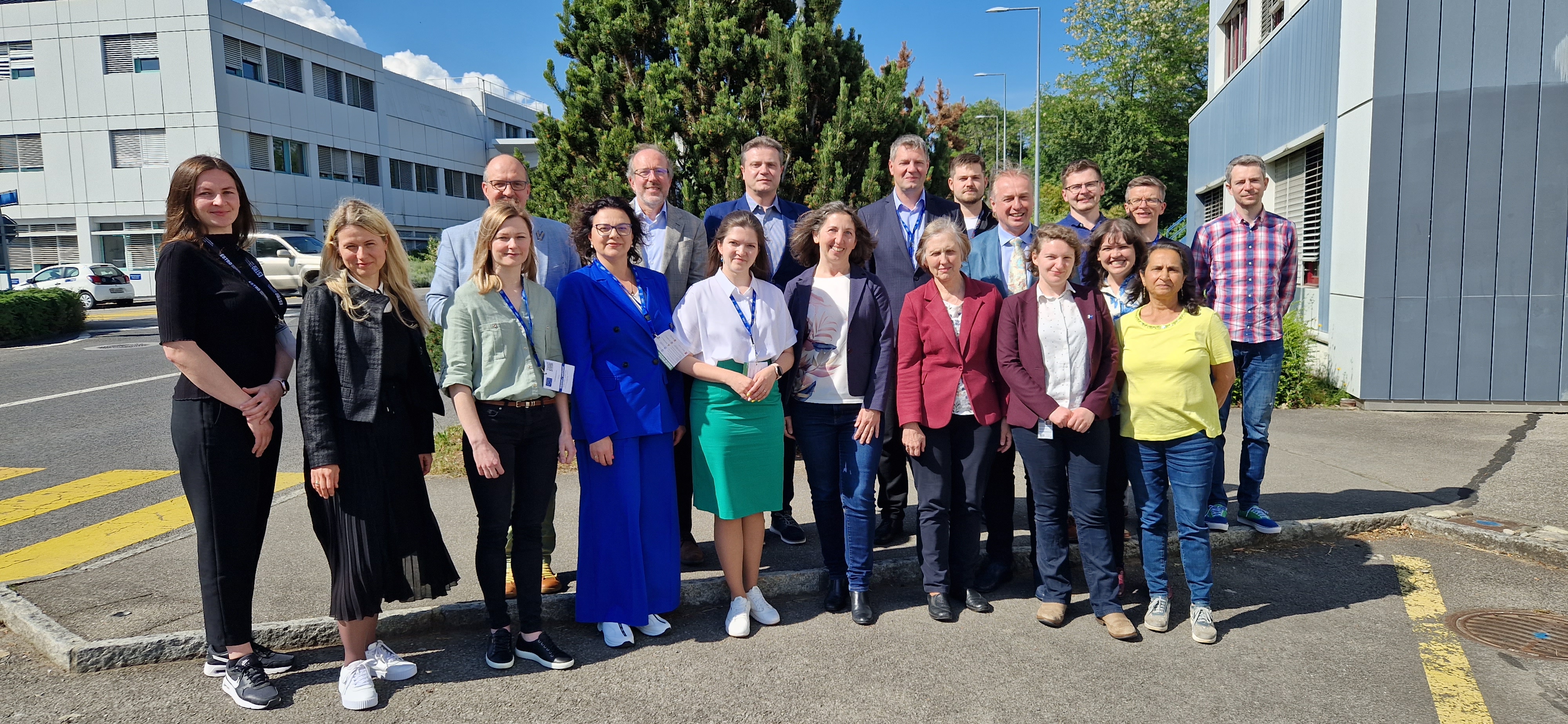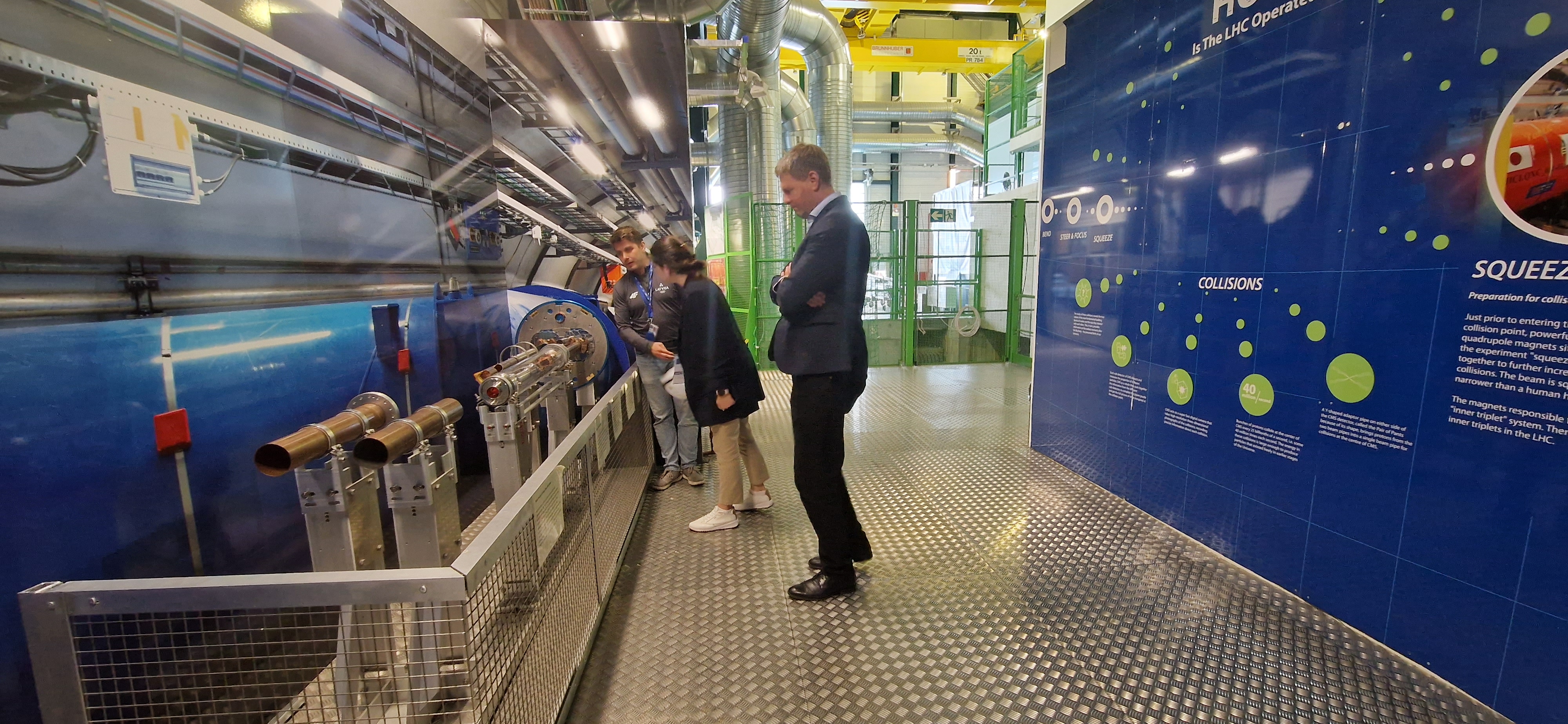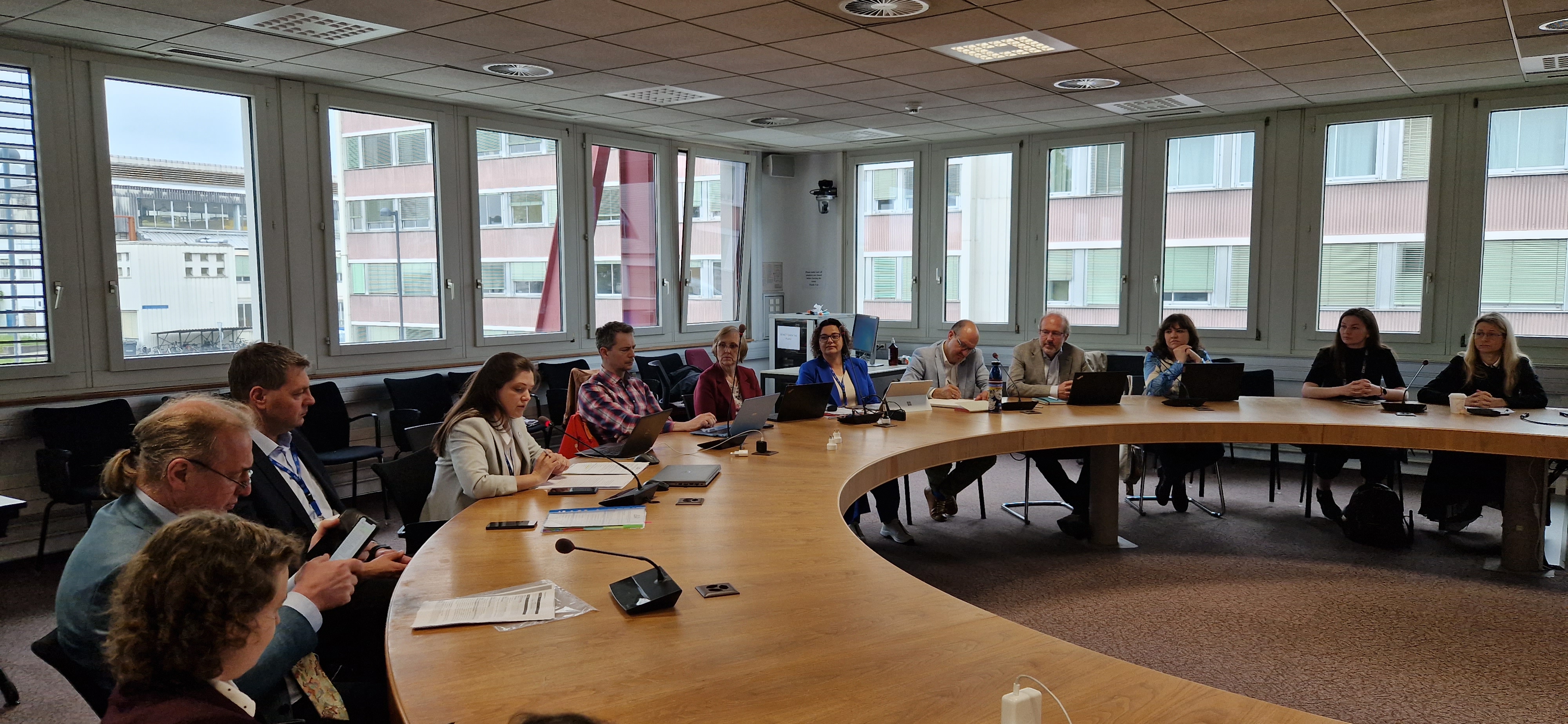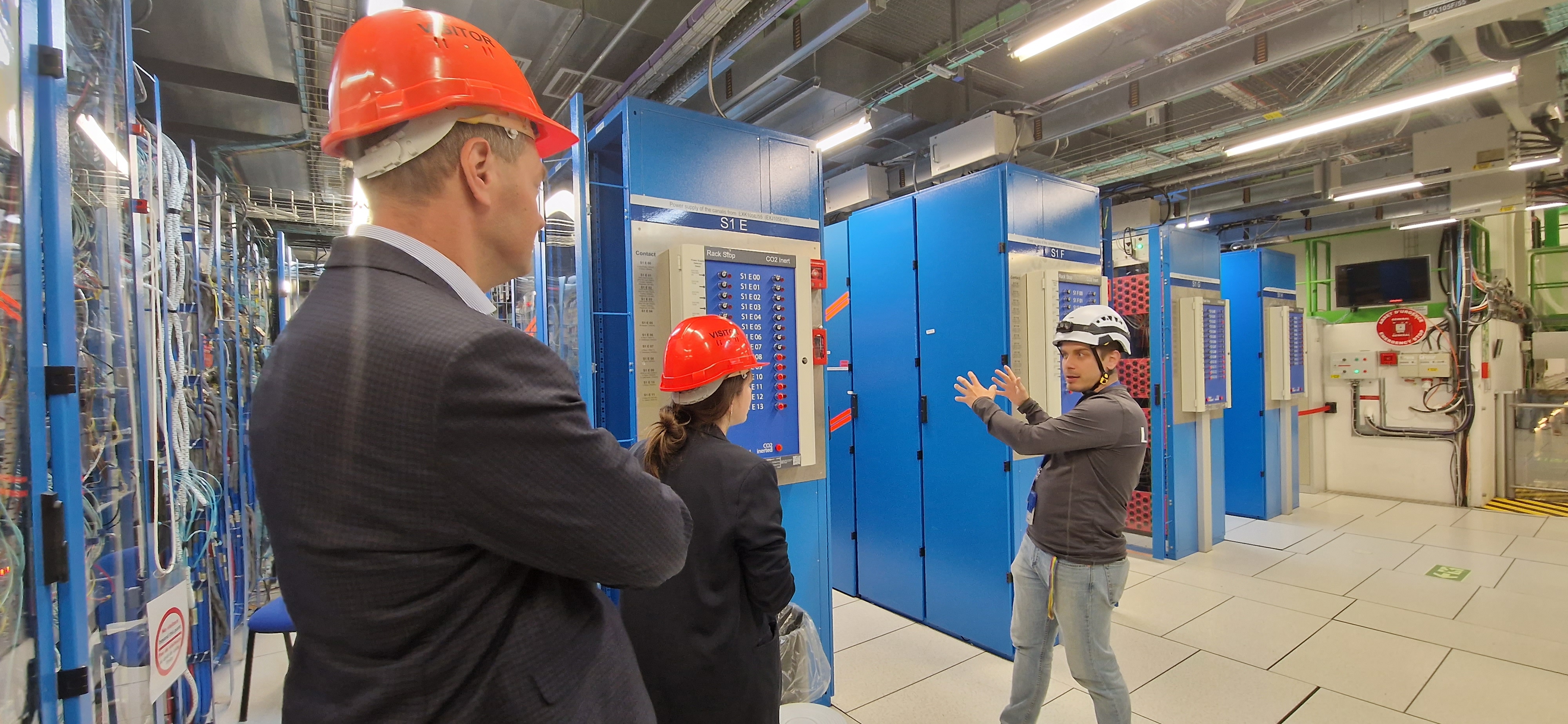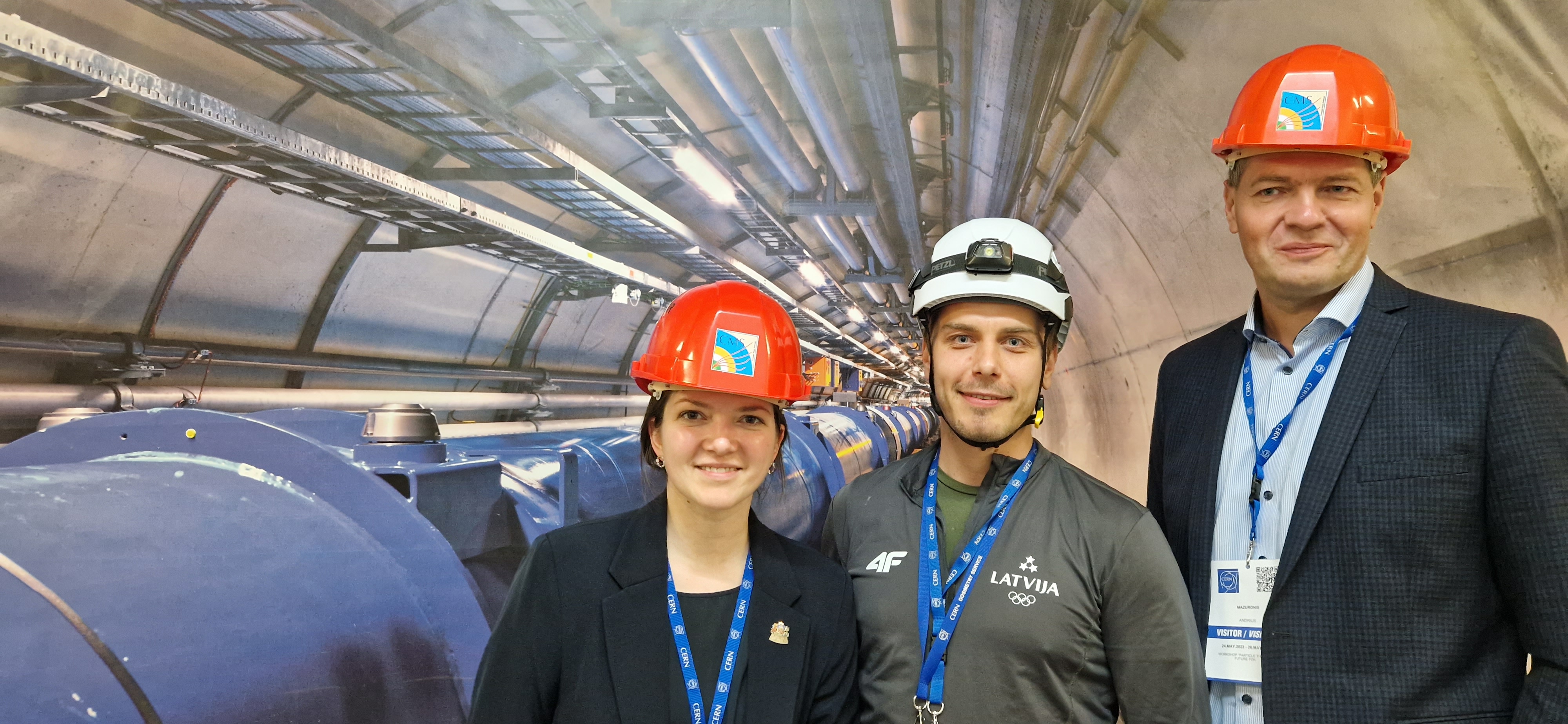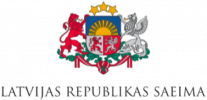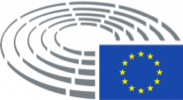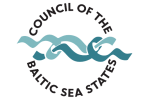On 24-25 May 2023, CERN Workshop "Particle therapy - future for the Baltic States? State-of-play, synergies and challenges" took place in Geneva, Switzerland. The main topic of the workshop is the joint initiative of the CERN Baltic Group and CERN on the Advanced Particle Therapy Center that could ensure novel, unique and non-invasive cancer treatment in the Baltic States.
In the opening of the workshop, Vice Chair of the Health, Welfare and Family Committee Antoņina Ņenaševa addressed the participants by saying that after careful evaluation of the initiative, its benefits and challenges, and after listening to the Baltic experts in the field, the Baltic Assembly recommended the governments of the Baltic States to assess the initiative on Advanced Particle Therapy Center and to engage the corresponding ministries, national agencies and relevant stakeholders to jointly apply for co-financing from the European Union. "A lot of work has been done to get us here today, and the Baltic Assembly will do its best to ensure the support the initiative needs from the political side," added Antoņina Ņenaševa.
Convener of the Advanced Particle Therapy Center Working Group at the CERN Baltic Group Toms Torims introduced the participants to the workshop's goals and the CERN Baltic Group. He emphasized the absence of particle therapy in the area and the lack of a coordinated, extensive, multidisciplinary scientific research infrastructure in the Baltic States that are the primary drivers of the endeavor.
Director for Accelerators and Technology of CERN Mike Lamont emphasized that one of the goals of the workshops and other events organized by the CERN Baltic Group is to bring stakeholders together. He said that CERN engages in a variety of activities, and one of these activities is to explore innovative uses of the research conducted at CERN. Alongside the scientific endeavors, the research findings from CERN have practical applications in fields such as medicine. He added the CERN actively supports the realization of the initiative “Advanced Particle Therapy Center for the Baltic States”.
During the meeting, the experts highlighted that particle therapy has significant benefits to pediatric cancers due to a high rate of curability, remaining lifespan, and the added cost of side effects over time from standard radiation therapy in developing tissues. This type of therapy is also valuable for challenging cases when cancer is close to vital organs. According to preliminary estimates, approximately 4% to 15% of all irradiated patients in the Baltic States would benefit from particle therapy.
Coordinator of the Technology Transfer Network and Biomedical Applications in the Education and Technology Transfer Division at CERN and coordinator of the European Network for Light Ion Hadron Therapy Manjit Dosanjh emphasized that cancer is a growing global issue. She informed that globally, 19.3 million new cases are diagnosed each year, and as of 2020, 9.96 million deaths have been reported. By 2040, there would be 16.3 million fatalities and 27.5 million new cases annually, and over 50% of cancer patients use radiation therapy as a primary form of treatment, added Manjit Dosanjh.
Radiation oncologist at the Lithuanian University of Health Sciences Erika Korobeinikova provided insights into cancer statistics and indication profiles in the Baltic States. She informed that the Baltic States actively participated in the Access to Radiotherapy Technologies Study in 2022. The study involved a questionnaire focusing on key aspects of conventional radiation therapy, such as the number of treated patients, available radiation therapy equipment, human capacity, and other relevant factors. Erika Korobeinikova said that the overall data suggests that the Baltic States have a well-established conventional radiotherapy system, but there are improvements to be made in terms of mortality and incidence compared to higher-income countries.
During the discussions, experts from the Baltic States emphasized that the initiative "Advanced Particle Therapy Center for the Baltic States" goes beyond the current treatment of patients in the region. It also focuses on the future, envisioning how patients will be treated in the years to come. Establishing such a center is crucial also for scientific development and knowledge within the Baltic States.
The Baltic Assembly at the CERN Workshop was represented by Vice Chair of the Health, Welfare and Family Committee Antoņina Ņenaševa and Member of the Security and Defence Committee Andrius Mazuronis.
 Print
Print 
